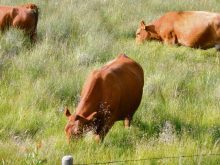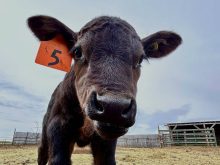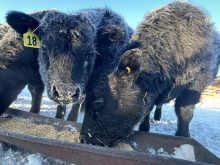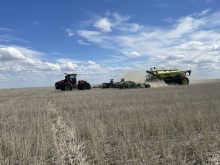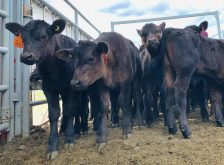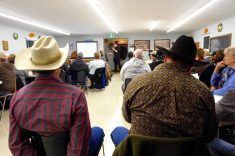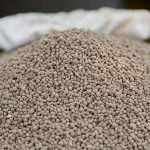Glacier FarmMedia – A new pilot program will ensure producers will receive at least $400 annually if they are certified under the Canadian Roundtable for Sustainable Beef program.
Previously, if cattle moved through a non-certified player in the value chain, (for example, the cow-calf and feedlot operators were certified but not the backgrounder) they couldn’t claim the $20-per-head premium.
“We want to recognize that just being certified is a huge value to all of us,” said Cargill’s Jeffrey Fitzpatrick. “It’s gratifying to see how many producers have certified.”
Read Also
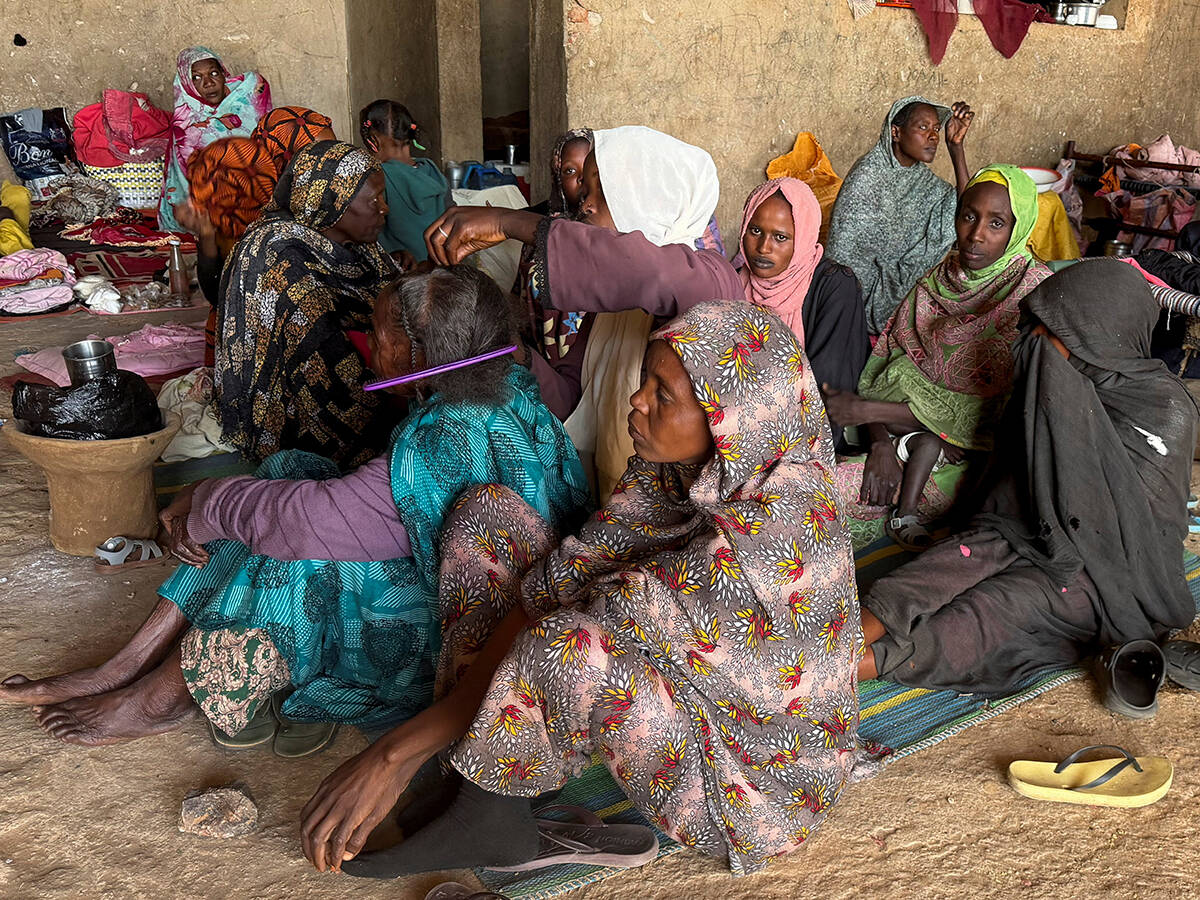
‘Millions will die’: Foodgrains Bank faces $2.7B federal funding threat
Foodgrains Bank warns $2.7B aid cut triggers a humanitarian crisis, risking global hunger relief and 40 per cent of its funding.
The pilot — a joint effort by Cargill and the Canadian Roundtable for Sustainable Beef — will pay out “regardless of whether their qualifying cattle were ultimately sold into Cargill,” the roundtable says on its website.
In addition to the credit, Cargill and the roundtable will launch a monthly payment schedule reflecting the prior month’s slaughter. The change, which goes into effect in the second quarter of the year, is designed to reduce the two- to four-month delay producers now encounter.
“Naturally, with doing that, you’re likely to see smaller payment amounts, but they’re going to come more frequently, so hopefully that will help tie more directly to what animals these credit dollars attach to,” said Fitzpatrick, who heads Cargill’s BeefUp Sustainability effort in North America. (That program aims to lower Cargill’s carbon emissions by 30 per cent by 2030.)
Cargill began working with the Canadian Cattle Identification Agency last year to access the data that links animals to producers more efficiently and at no extra cost.
Fitzpatrick said data privacy and protection were common concerns raised by producers who were reluctant to participate in the audit, so it required a deliberate and thoughtful approach.
“The primary goal here is just really about focusing on maintaining trust with producers as we go,” he said.

Additionally, Cargill is working with cattle buyers on a system that provides ear tag reports on qualified animals. And they’re being encouraged to talk to cattle producers about the program.
“We’re encouraging feeders to take that one more step back and talk to the people they’re getting supply from — the cow-calf people, backgrounders — to say these ones qualified and these didn’t,” said Fitzpatrick.
The demand for certified sustainable beef products has far outstripped supply, reinforcing the program’s value from the producer side and from Cargill customers such as Loblaws and McDonald’s.
The goal isn’t to create a niche product only available to those who pay a premium, but rather to show that all Canadian beef production is sustainable, said Fitzpatrick, who joined Cargill in 2020 after 16 years as McDonald’s national sustainability and agricultural lead.
“Canada produces the safest, most sustainable, highest-quality beef in the world,” he said. “This is a way to recognize the whole value chain, not specific actors.”
The BeefUp and certified sustainable beef programs provide retailers and grocers with a powerful communication tool, said Fitzpatrick, noting they have third-party audits and chain-of-custody requirements.
“That will make them continue to want to buy (beef) and feel positive about it,” he said. “The worst thing that can happen is people start feeling (eating) beef is a guilty pleasure. We want people to understand the best thing you can do for climate change today is to eat Canadian beef.”
For more info, go to the CRSB blog page.
– This article was originally published at Farmtario.



